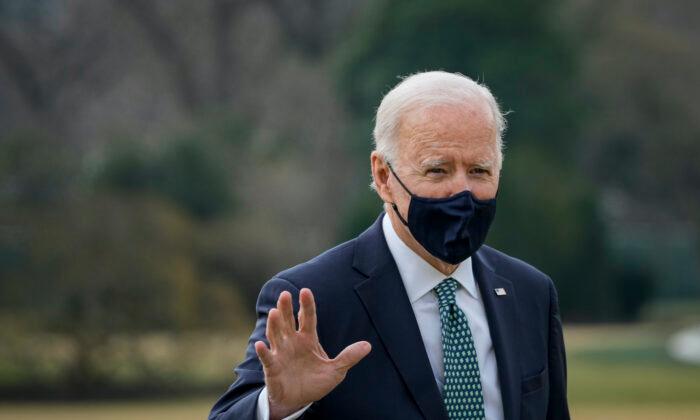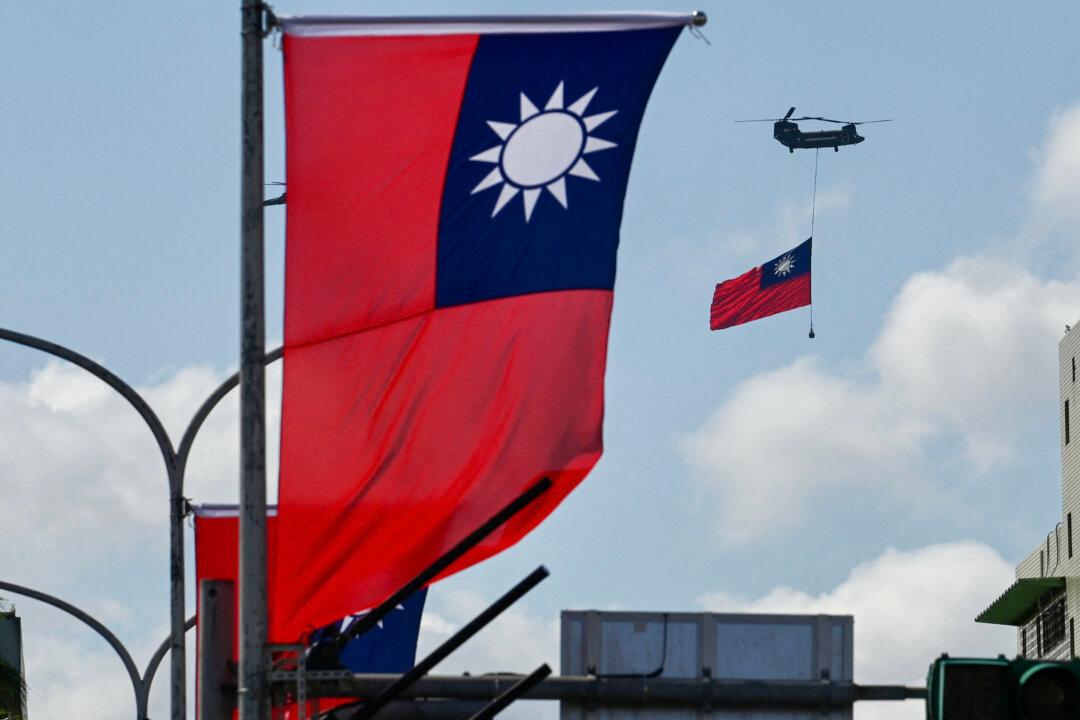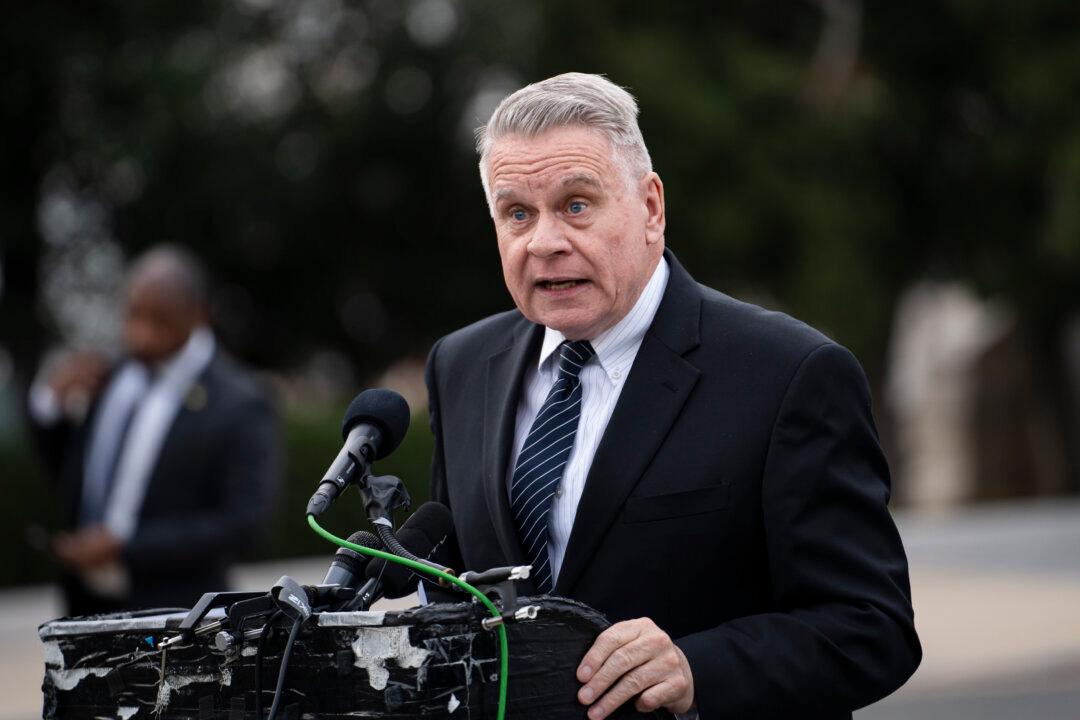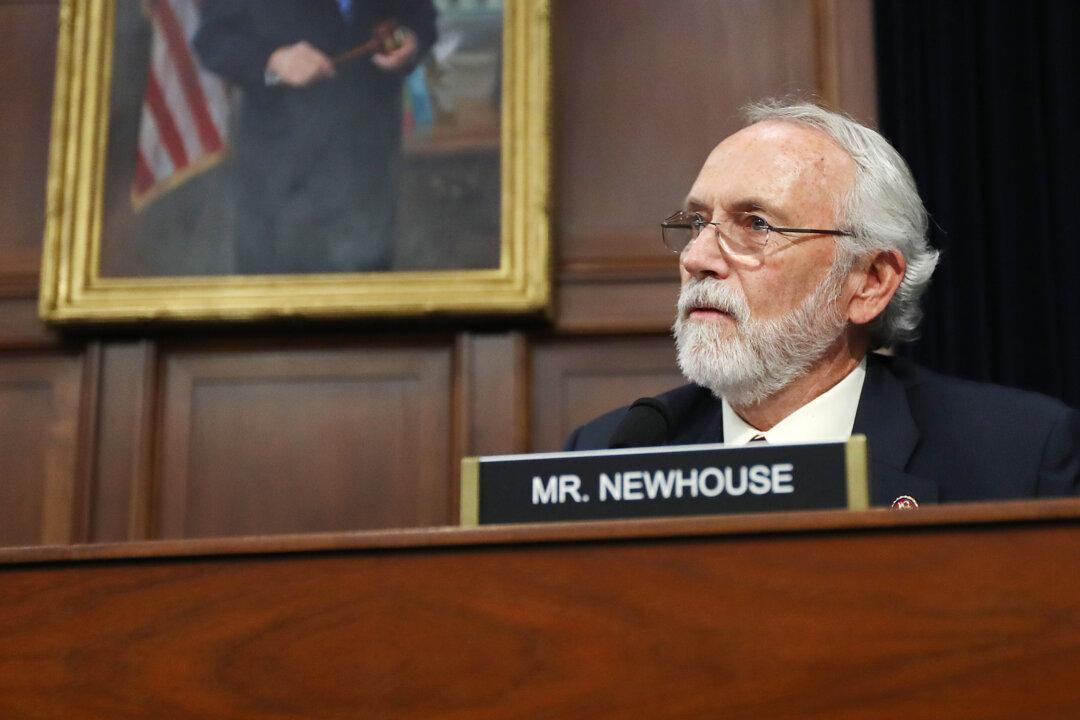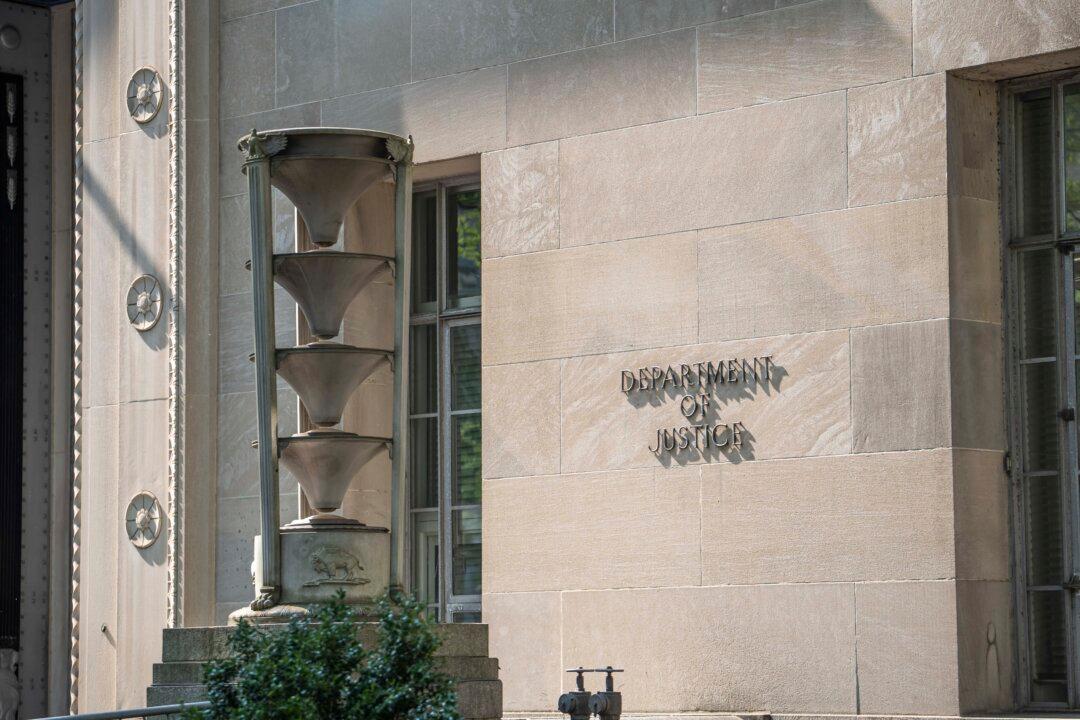A Washington-based trade group representing the U.S. manufacturing sector has urged President Joe Biden to adopt a tough China policy to ensure a level playing field for U.S. businesses.
“For manufacturers, China has long been a hub for unfair industrial subsidies and government-fueled overcapacity in areas like steel and aluminum that distort global markets,” the National Association of Manufacturers stated in a
letter sent to Biden on March 17.
“China continues to promote discriminatory industrial policies, forced technology transfer, and intellectual property theft that harm manufacturers and workers in the United States.”
In the past decade, China’s communist regime has
created large state-owned enterprises in several industries such as aluminum, steel, and solar panels through hefty government subsidies. At the same time, Beijing has resorted to
espionage to steal U.S. trade secrets and also
job-recruitment programs to facilitate the transfer of technology to China—to fulfill its ambitions to be a technology powerhouse.
Former President
Donald Trump, in an effort to tackle China’s unfair trade practices, imposed tariffs on a long list of Chinese imports, including
aluminum and steel, which sparked the U.S.–China “trade war.”
The two sides
signed a phase one trade deal in January 2020, requiring China to buy an additional $200 billion in U.S. goods and services during 2020 and 2021, compared to 2017 levels. However, a
report published in January found that China has bought just 58 percent of what it promised under the deal.
“The new strategy must include all available tools, including targeted bilateral engagement, assertive U.S. leadership in global institutions, and close, coordinated engagement with allies and partners,” the group wrote.
“Strategic use of legislative and enforcement tools will be critical to pressure China to change its economic behavior and to level the playing field for manufacturers and workers in the United States.”
The group has several recommendations, one of which was for the United States to apply “clear, consistent pressure” on China to fulfill its trade and economic commitments under the phase one trade agreement.
“Assertive global leadership to ensure that the United States—not China—is writing the rules for the post-pandemic global economy and trading system to benefit manufacturers and workers in America,” the group wrote.
The group also called on Biden to actively talk to trusted trading partners in the Americas and Asia-Pacific, to strengthen supply chain ties and address human rights and labor concerns.
In response to the group’s letter, Sen. Mike Rounds (R-S.D.) took to
Twitter to say that any discussion between Biden and Beijing should address China’s theft of intellectual property.
In January, a Chinese professor at the Massachusetts Institute of Technology was
arrested and charged for failing to disclose his work with entities tied to the Chinese Communist Party. In the same month, a senior NASA scientist
pleaded guilty to lying about his ties to a Beijing-backed talent program.
The group’s letter comes as Secretary of State Antony Blinken and national security adviser Jake Sullivan met with Chinese Foreign Minister
Wang Yi and senior foreign policy diplomat
Yang Jiechi in Anchorage, Alaska, on March 18. The meeting marked the first in-person meeting between top officials of the two countries since Biden took office.
On March 12, Sullivan
said that he didn’t expect the phase one trade deal “to be a major topic of conversation” in Anchorage.
U.S. lawmakers have called on Blinken and Sullivan
to be tough on the Chinese officials.
